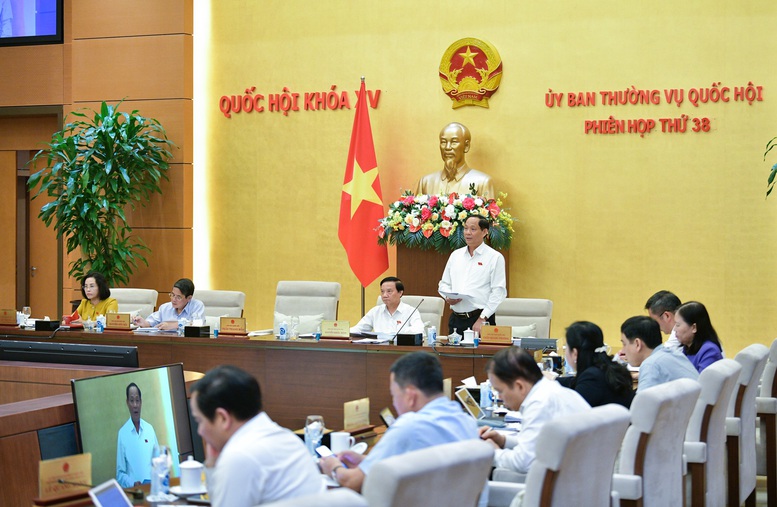
The promulgation of the Data Law contributes to serving the national digital transformation, building e-Government, digital Government, digital economy , and digital society - Photo: VGP/LS
Especially with data as a new resource, state agencies open data and provide open data to serve the development of digital government, digital economy, digital society, state agencies connect and share data so that people only have to declare and provide data once to state agencies and units providing essential public services. Combine centralized and decentralized deployment models, comply with the Vietnam e-Government Architecture Framework and the Architecture of ministries, branches and localities. Develop platforms in the direction of providing synchronous and smooth services at all administrative levels so that they can be used everywhere. National-scale platforms, applications and services must be done first, done well, done centrally, develop digital technology products Make in Vietnam, from there reach out to the region and the world. The Government proactively coordinates, plans and implements activities of an orientational nature, creating markets with the dual goal of both developing digital government and developing Vietnamese digital technology enterprises. Diversified in scale, aiming to master and develop core technologies and open platforms to serve the digital government, forming an ecosystem of applications and services made in Vietnam. The goal by 2025 is for state agencies to reduce, restructure, simplify, standardize, and unify administrative procedures serving society nationwide and provide new services on the principle of ensuring service quality, reducing costs, and increasing social labor productivity proactively and promptly to meet the needs of society. People and businesses can use digital services according to their individual needs, throughout their lives, when needed, in a convenient way, online or in person, easily, simply, quickly, without paperwork, without physical presence if the law does not specifically require 100% of administrative procedures that meet the conditions prescribed by law are provided in the form of level 4 online public services. 100% of online public services are designed and redesigned to optimize the user experience, when used, the data that the user has previously provided is pre-filled according to the agreement, in accordance with service quality standards, 100% of people and businesses using online public services are identified and authenticated seamlessly, unified across all systems of government levels from central to local, at least 80% of administrative procedure records are processed completely online, people only have to enter data once, at least 90% of people and businesses are satisfied Regarding administrative procedure settlement, at least 20% of administrative procedures of state agencies are cut.Minister of Public Security Luong Tam Quang speaks at the meeting on the Data Law project - Photo: VGP/LS
Through this, people, businesses and other organizations can easily contribute their opinions to the activities of state agencies, reflect social issues around them to state agencies and receive feedback on their participation and results. Businesses can participate in providing public services or developing new, creative services, helping society easily access and use public services of state agencies. The State, people, businesses and other organizations participate in popularizing the use of public services in particular and digital transformation in general, in which 100% of state agencies at the ministerial and provincial levels participate in opening data and providing open data to serve the development of digital government , digital economy, digital society, at least 50% of new public services of state agencies have the participation of enterprises or non-state organizations, 100% of public service portals at the ministerial and provincial levels support people and businesses in convenient and online interaction with state agencies in state management activities and service provision based on digital technology platforms. For state agencies, designing organizational models and operating methods based on data and digital technology, creating a working environment and working tools so that cadres, civil servants and public employees can best perform their tasks, connect and cooperate with each other more easily, make more timely decisions, issue better policies, and use resources more optimally. By developing and operating a stable, safe, and smooth specialized network infrastructure, connecting 04 administrative levels from central to communal levels on the basis of the specialized data transmission network of Party and State agencies, wide area networks of ministries, branches, localities, and broadband Internet to serve the Digital Government, deploying technical systems to ensure capacity and information security for the specialized data transmission network of Party and State agencies as the basic transmission infrastructure in connecting information systems, interconnecting and sharing data to serve the Digital Government. Develop a national data integration and sharing platform to connect, integrate, and share data between information systems and databases of ministries, branches, and localities nationwide through connecting to the data integration and sharing platform of ministries, branches, and localities. Build a data warehouse for citizens and organizations when conducting online transactions with state agencies; help citizens and organizations manage and store their electronic data, provide and share with state agencies, limit the use of paper documents, and provide repeated information to state agencies. Build a platform for analyzing and processing aggregated data at the ministry and provincial levels to centrally store, synthesize, analyze, and process data on socio-economic development from different sources, thereby creating new information and new data services to serve the digital government, towards forming a shared data warehouse at the ministry, branch, and local levels. Develop online public services based on people's needs and life events, people only provide information once, take advantage of the power of technology to develop new digital services, and at the same time cut down on some unnecessary services. Strongly apply artificial intelligence technology in service provision such as virtual assistants, automatic responses. Deploy content to encourage people to use online public services, first of all consider reducing costs and time for people when performing administrative procedures online. Develop national digital data to create a foundation for implementing digital government, ensure the provision of digital data for online public services, share data smoothly between state agencies, provide open data sets with high quality and exploitation value, open data according to the provisions of law to develop digital government, digital economy, digital society.Thanh Tu


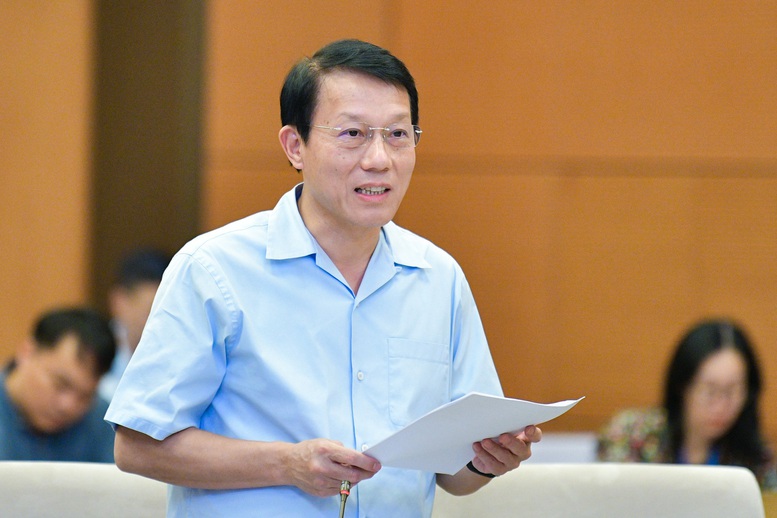

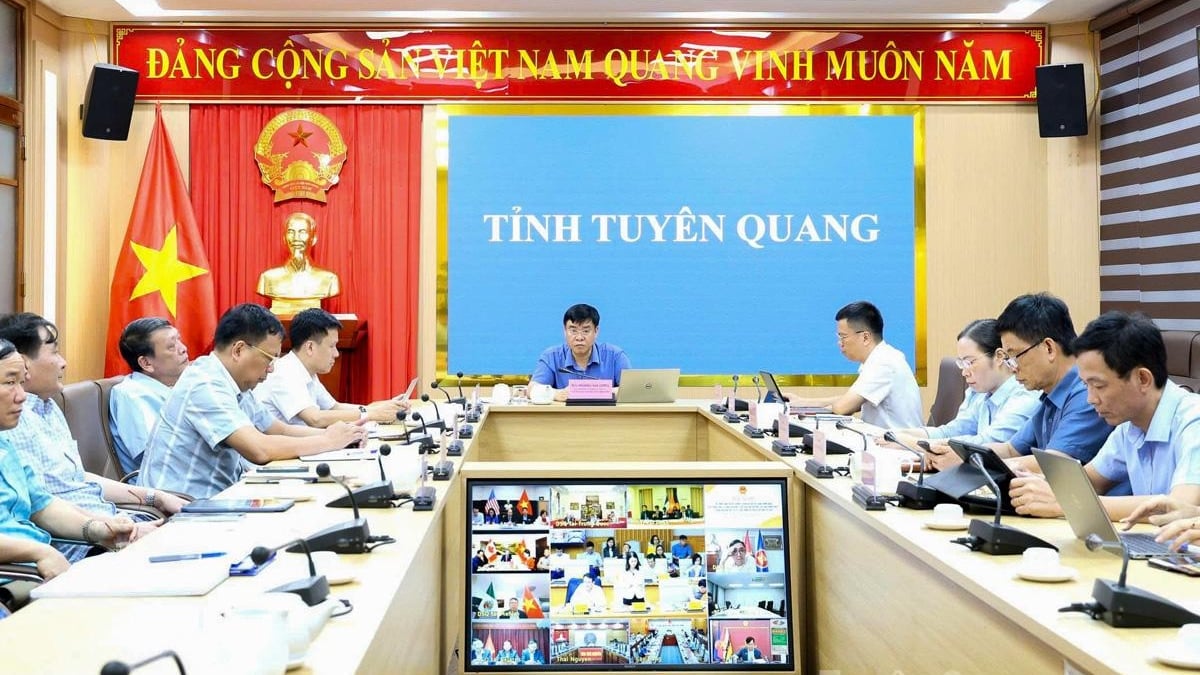



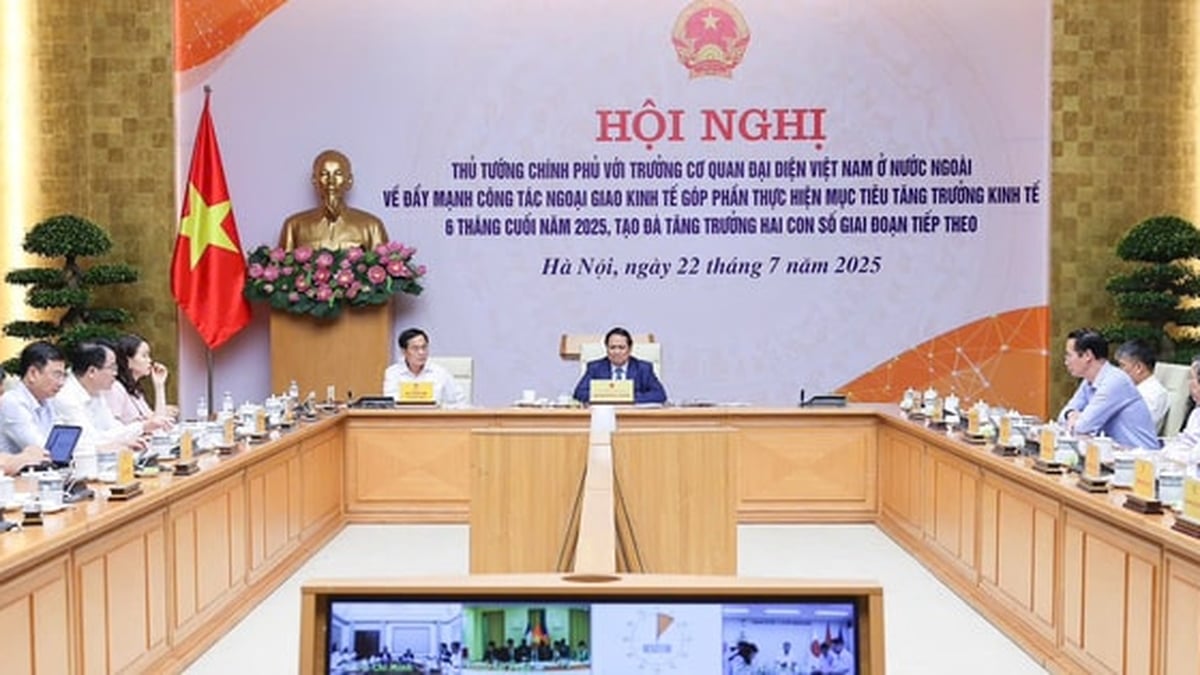



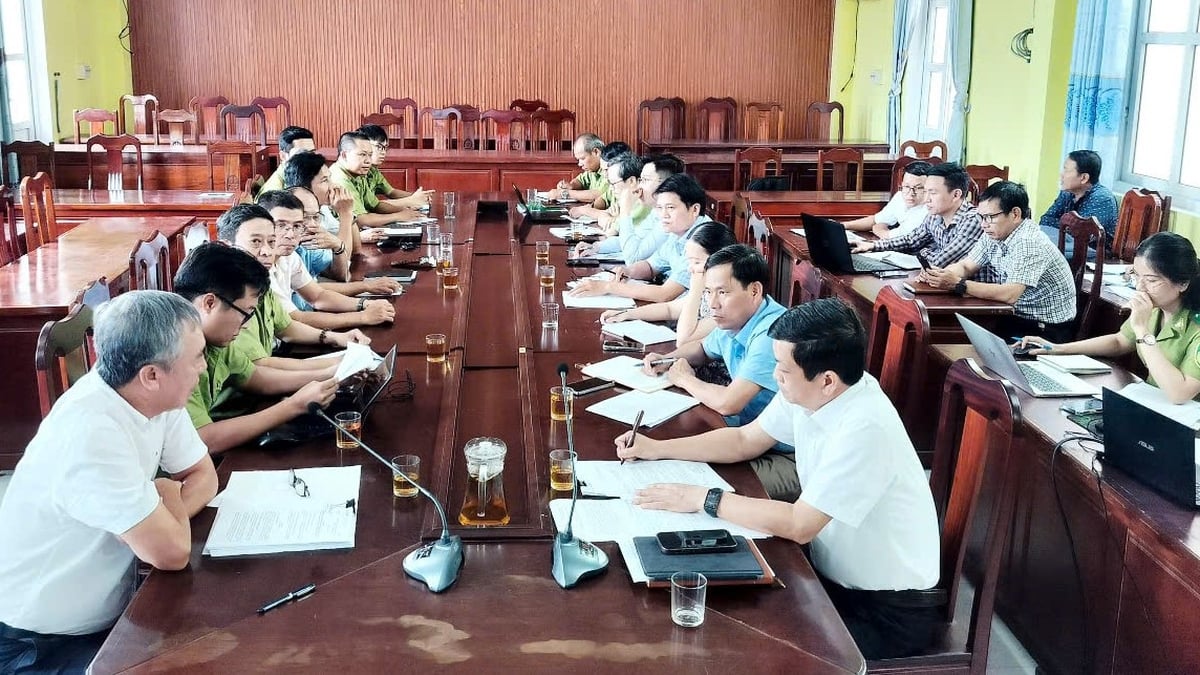





















































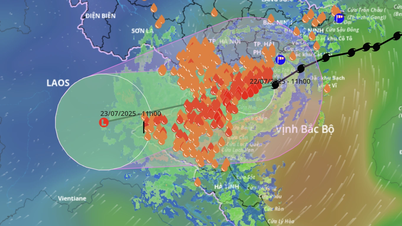










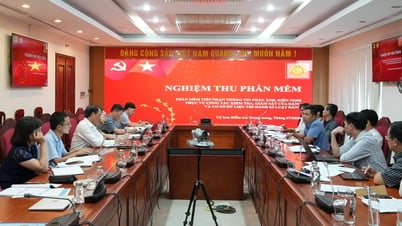


























Comment (0)